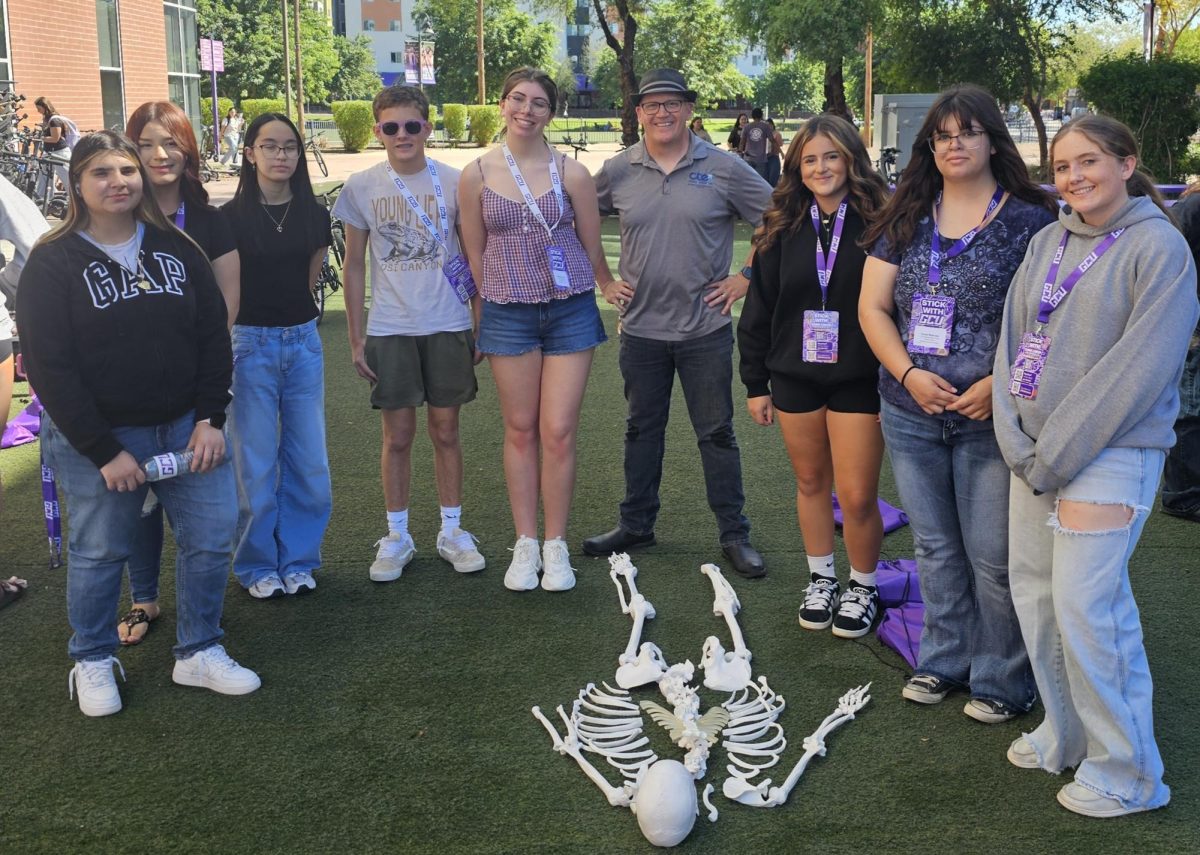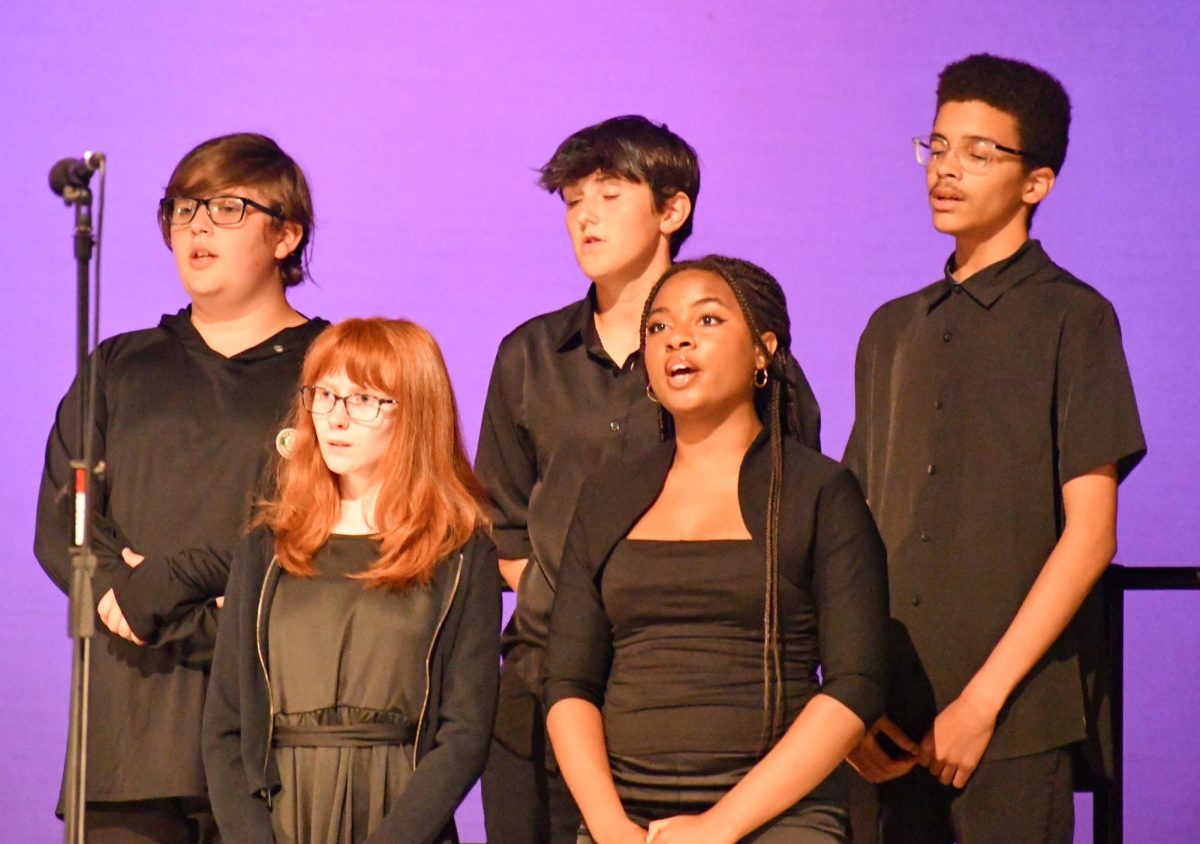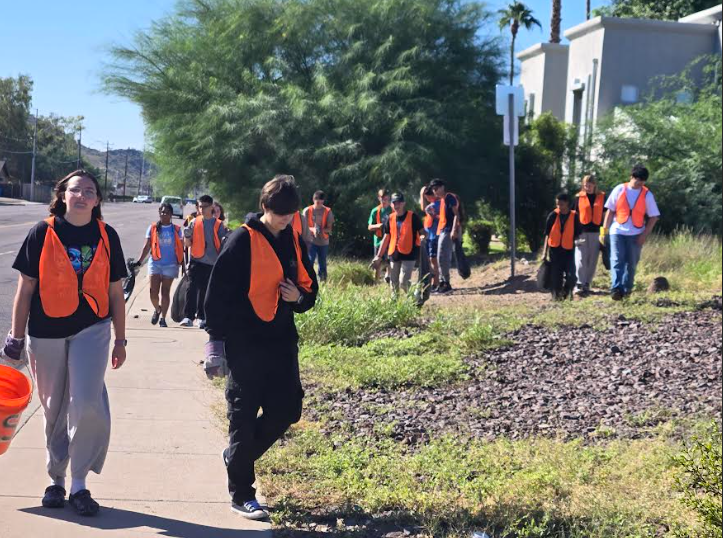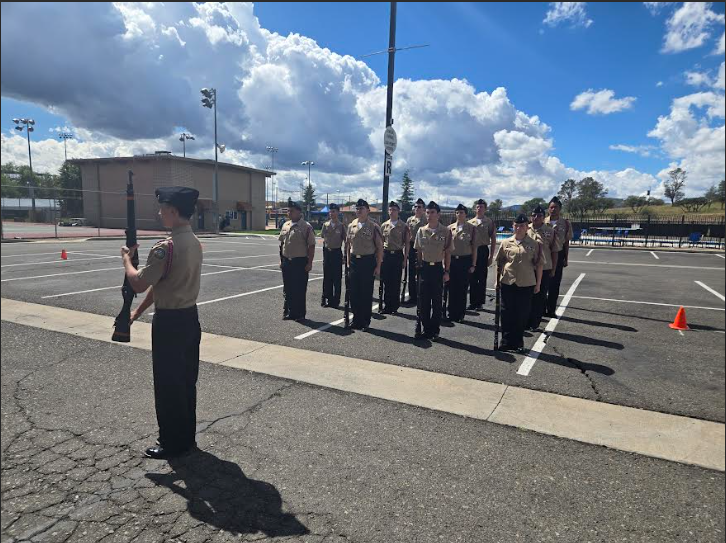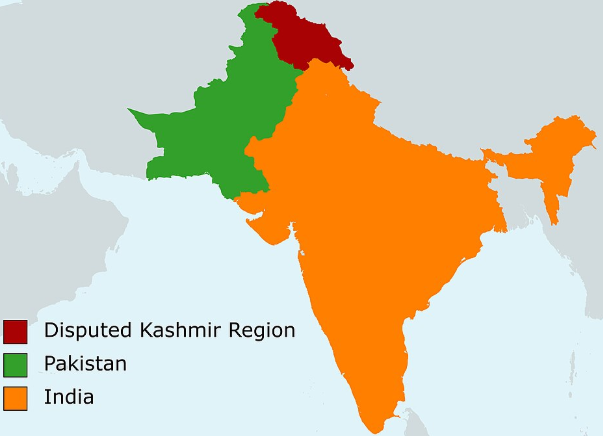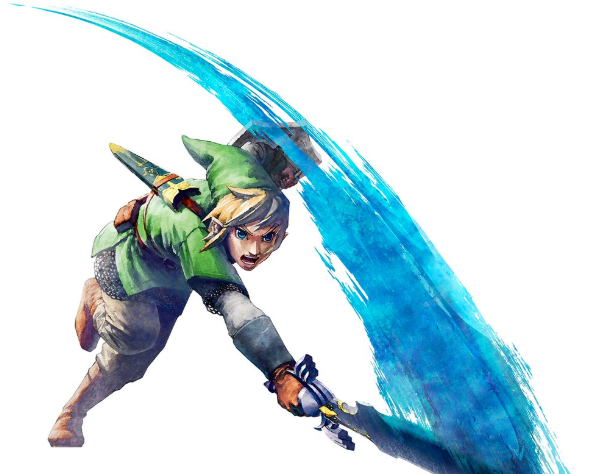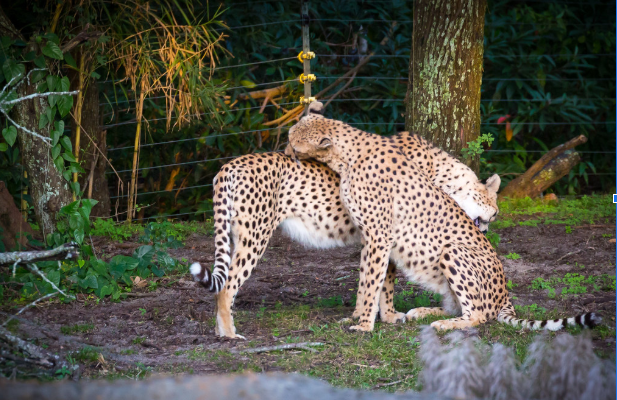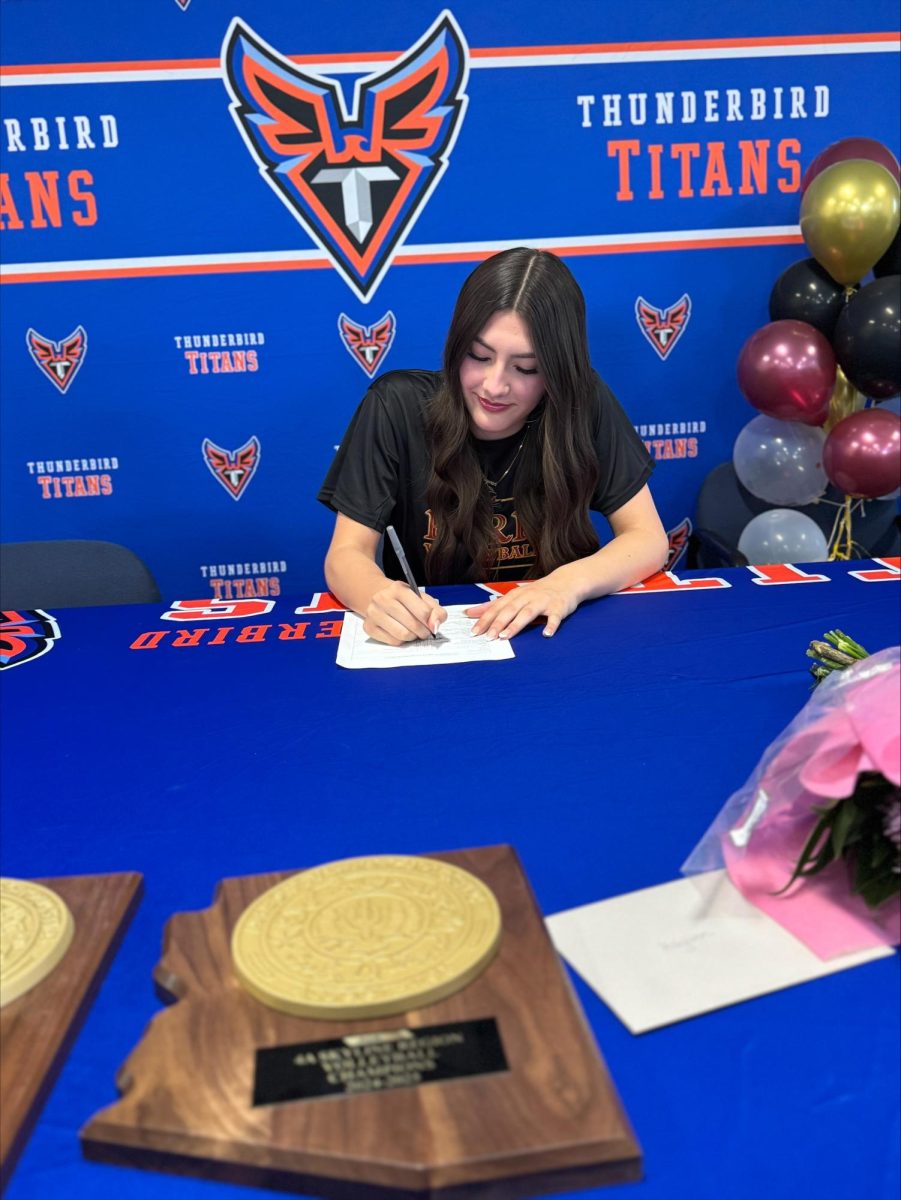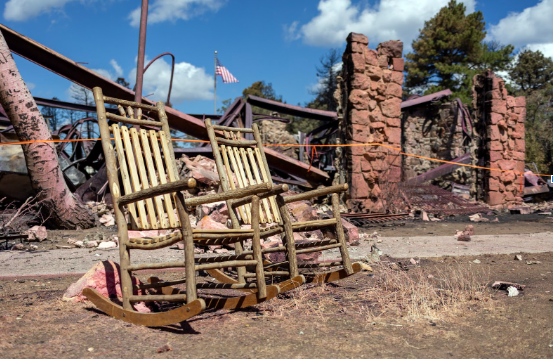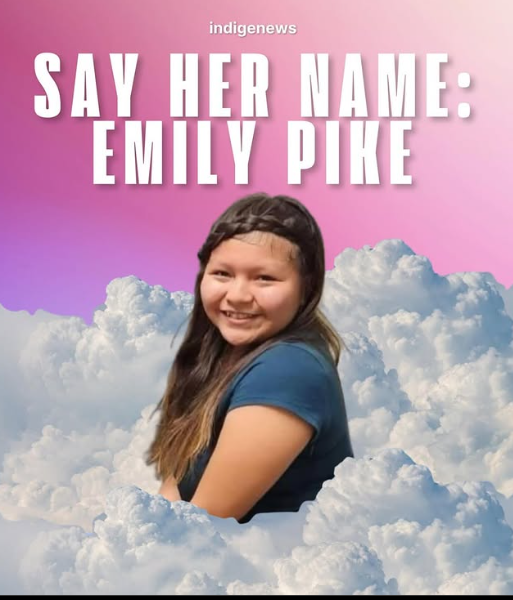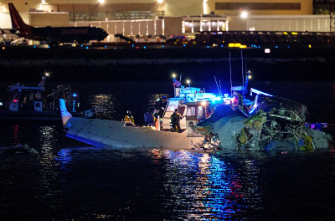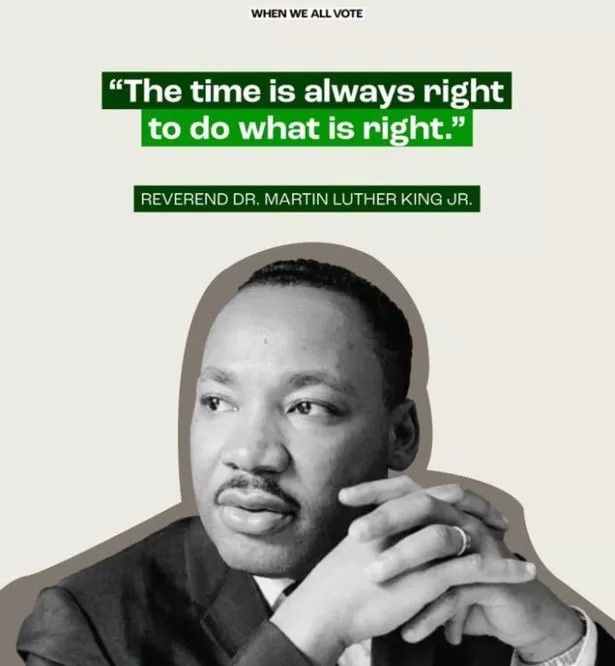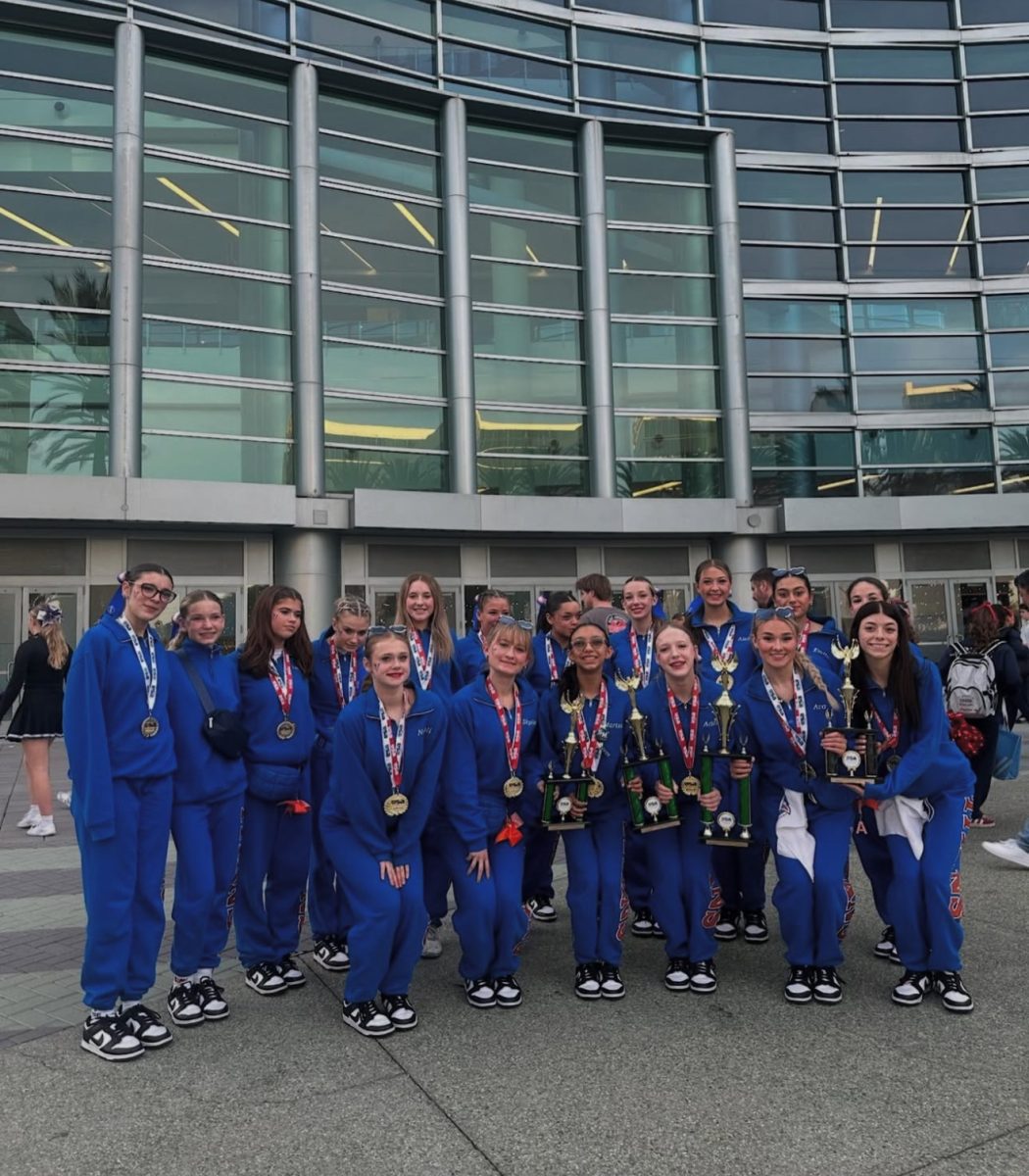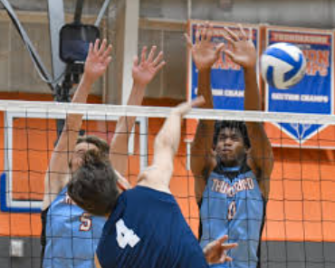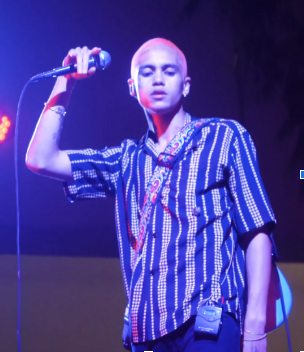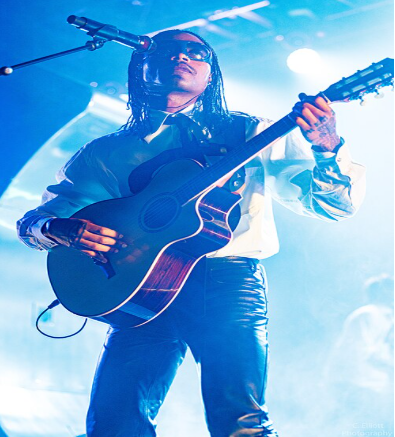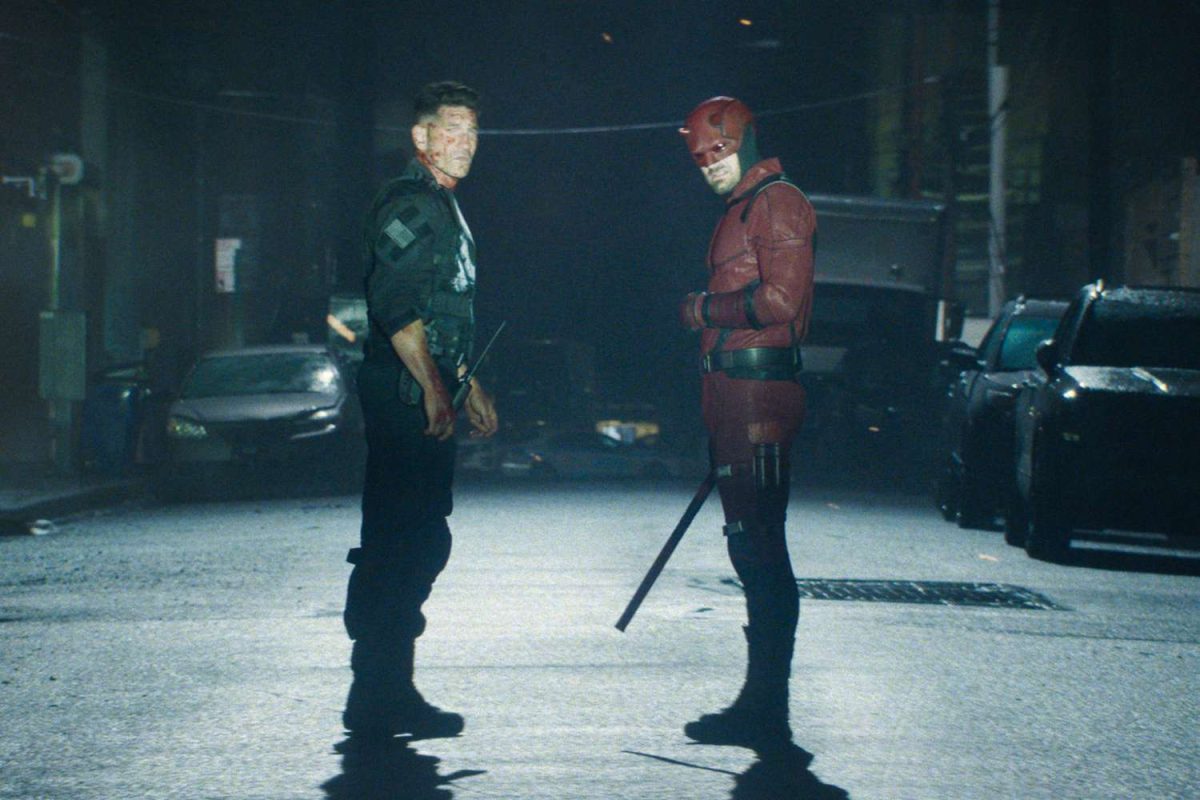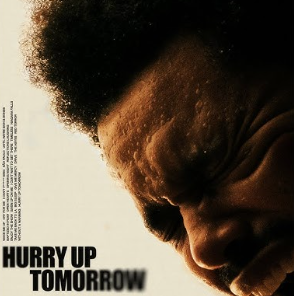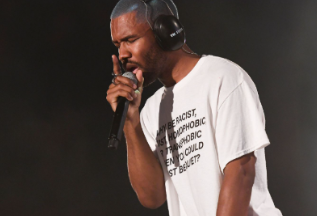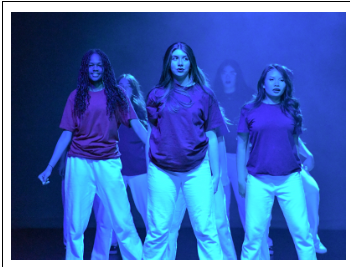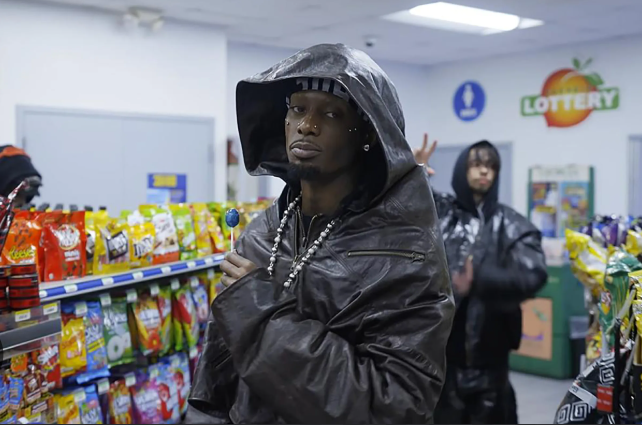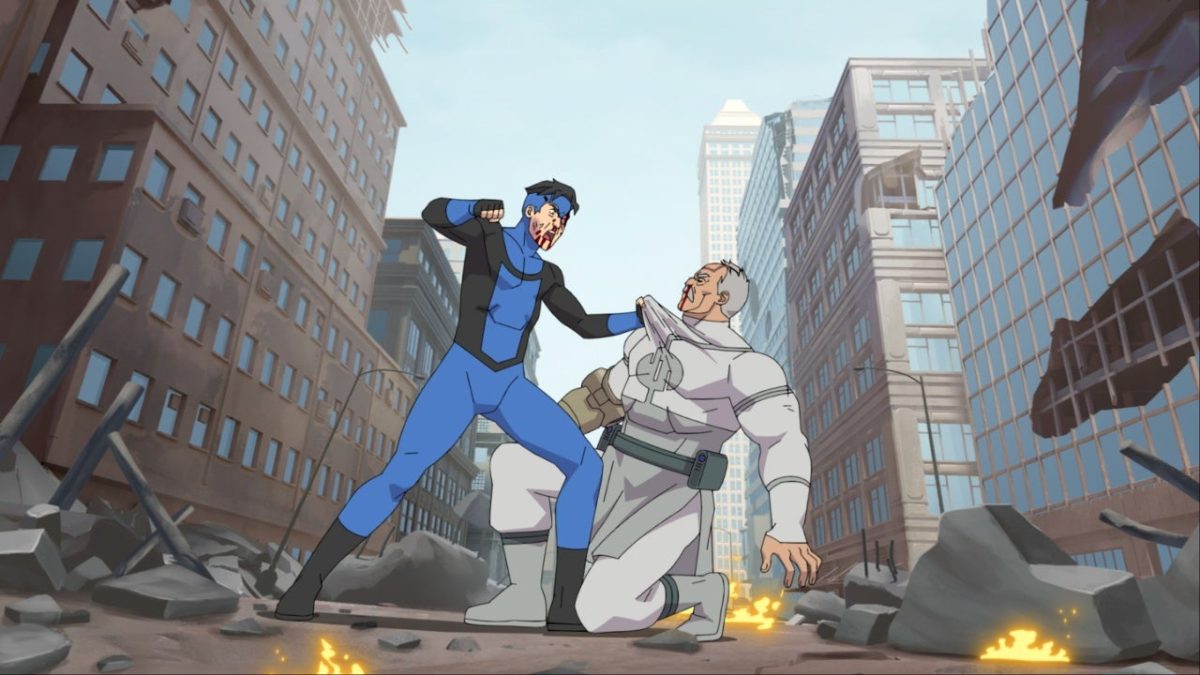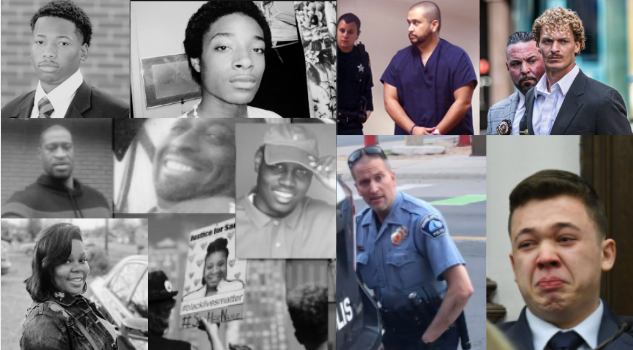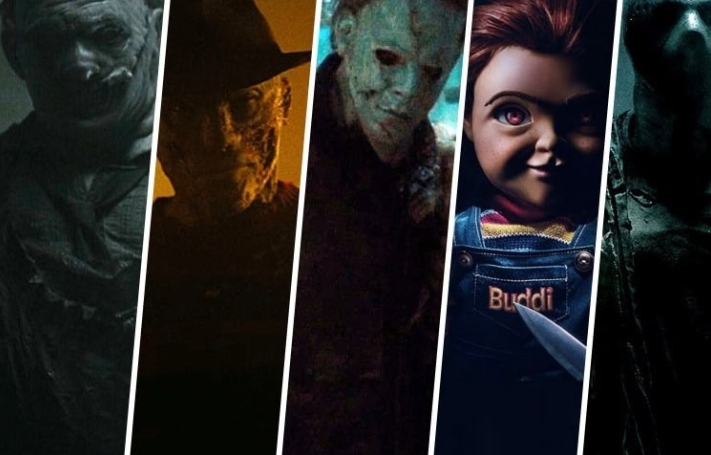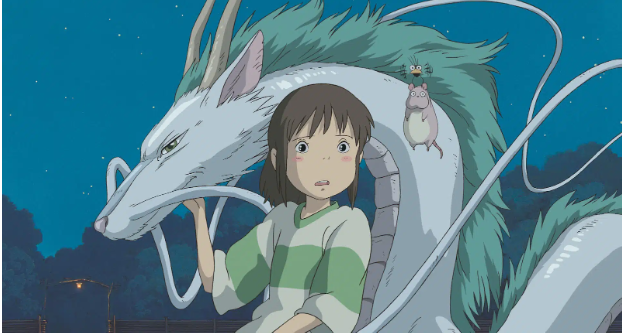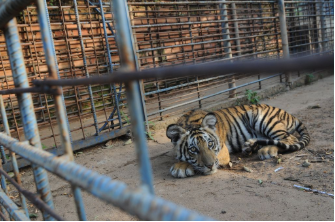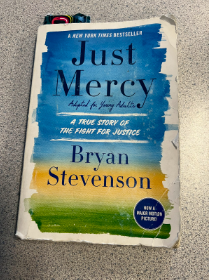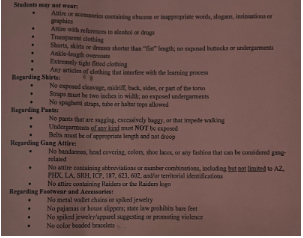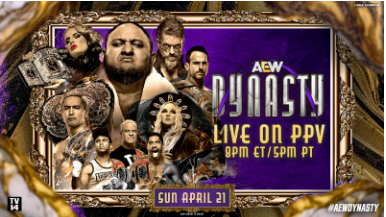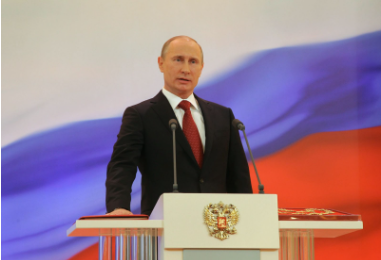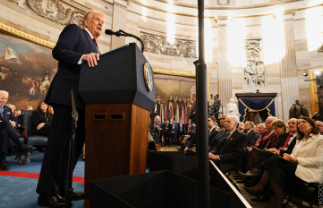Beginning in 2000, Vladimir Putin became President of Russia, serving 2 terms for a total of 8 years. In 2012, he was re-elected for his 3rd term and then his 4th; most recently he gathered Russians to the polls and said things like “We are all one big family!” and “If you came to the polls, we are one big team,” which is how he re-elected himself for his 5th term in office.
Either serving as prime minister or President, Putin is one of the longest-serving leaders Russia has had since Stalin. Putin earned a record number of votes in this election, 76 million, though they were not all necessarily out of loyalty. His political rival, Alexei Navalny, passed away the previous month while in an Arctic prison, and nobody else dared to stand up. Public criticism of Putin was also hidden, as critics or journalists were in jail or have been exiled. Anything negative pertaining to “Putin” and “Ukraine” and “Missiles” were pushed under the surface.
Lithuanian Foreign Minister Gabrielius Landsbergis said the weekend voting “definitely cannot be called [an] election. It’s a procedure that is supposed to resemble elections,” he said “Some might call it reappointment, lacking any legitimacy.”
Navalny’s widow, Yulia Navalnaya, started an uproar at the polls, telling the Russians to vote for her husband, though he could not serve, and to protest Putin any way they could. After that, midday poll traffic started to cause trouble; multiple arrests in the same day had been for pouring ink in the ballot boxes and plans to try to set them on fire as well. This plan was called “Noon Against Putin.” A woman waiting in line told the Associated Press that “I’ve never seen a queue for elections,” and when asked why she was here at this hour, she replied, “You know why.”
Many critics and outsiders do not believe this was a fair and real election. If it were to be described as anything, it was to publicly give the Russians a refresher of who holds the power.

